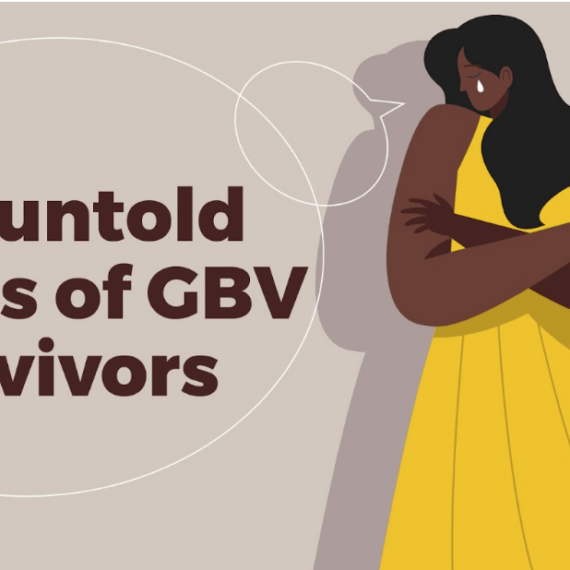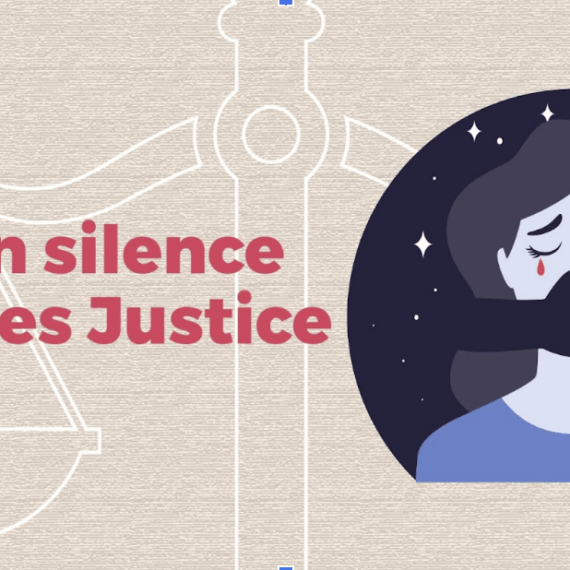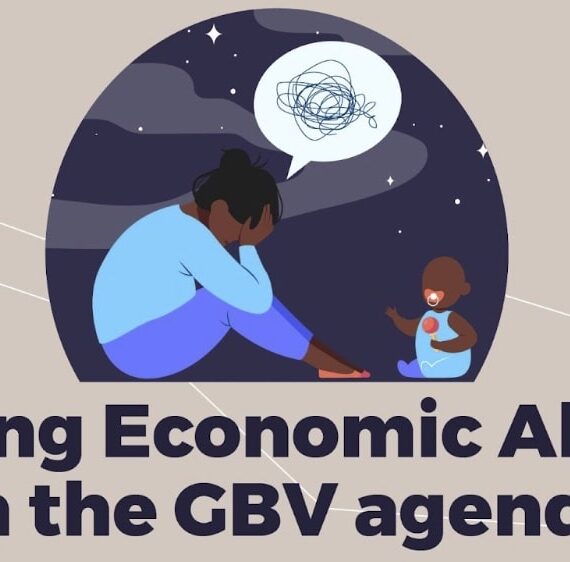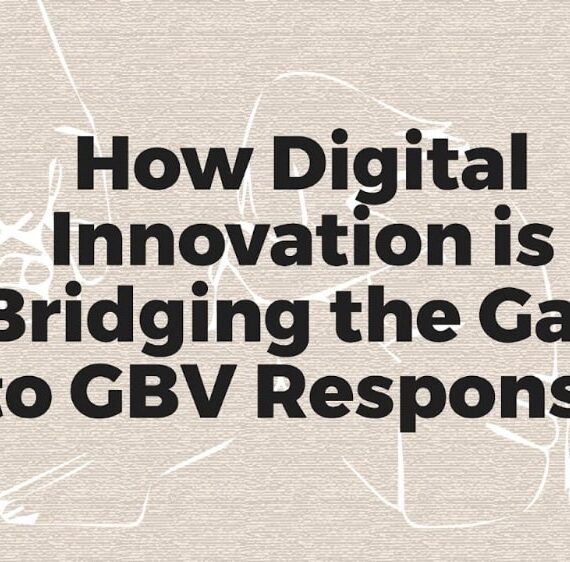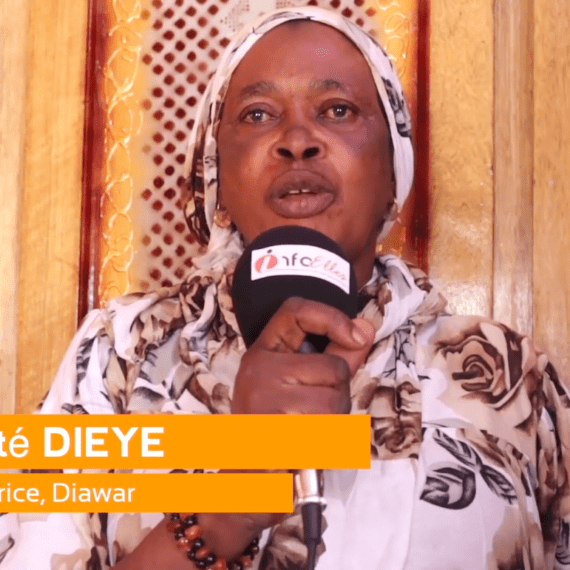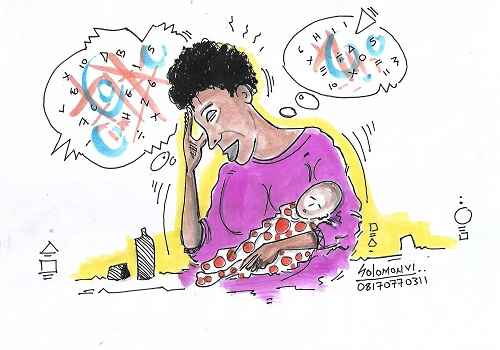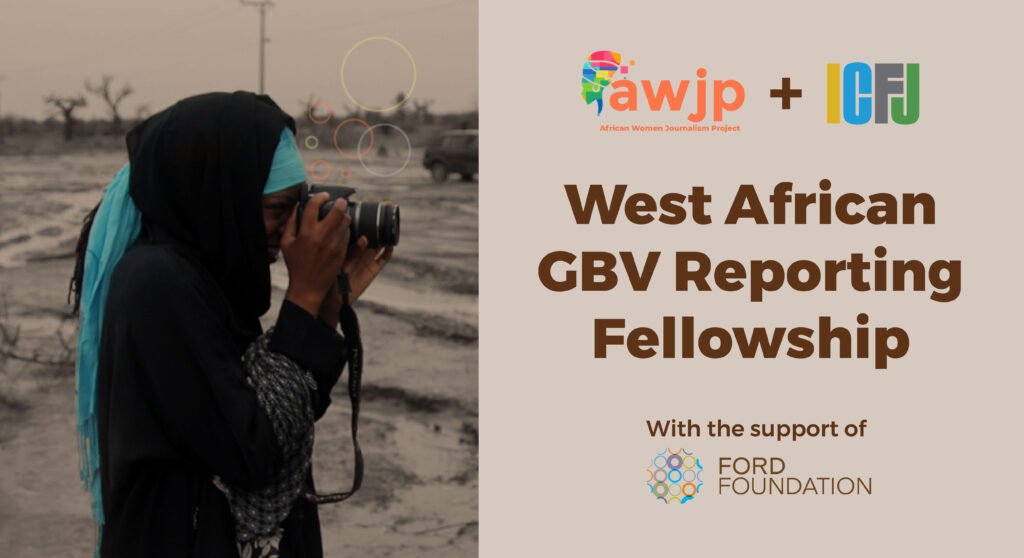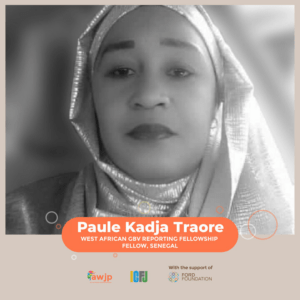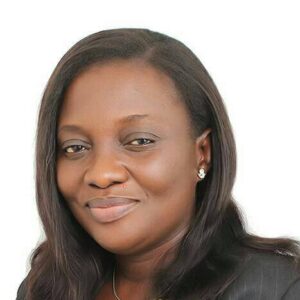Scarred for Life: The untold stories of GBV survivors
Gender-Based violence is a severely traumatic experience that disproportionately affects women and girls during the last COVID-19 lockdown. The unfortunate aspect of it is that survivors continue to live with the pains inflicted on them
Rape: When silence impedes Justice
Womens’ voices are heard rarely in many developing countries like Nigeria. In some communities, women must speak through a man – either their son, nephew or any other male relative— no matter their wealth and
Putting economic Abuse on the GBV agenda
A SPECIAL REPORT by Emiene Erameh Gender-Based Violence (GBV), according to the UNHCR, can include sexual, physical, mental and economic harm inflicted in public or in private. It also includes threats of violence, coercion and
How Digital Innovation is Bridging the Gap to GBV Response
“Hello! You have called the Orange Support Centre (OSC). How may I help You?’ says Michel Makafui Vogzogbe, a volunteer at the centre. Makafui proceeds to talk with the caller for a few minutes, offering
